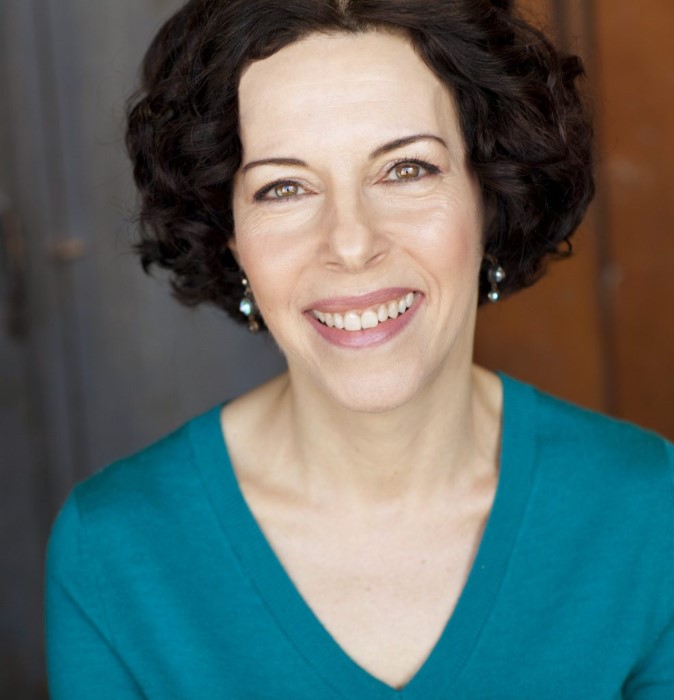 A divorce in midlife was the final push for Ruth to commit to a full-time career as a voiceover and on-camera talent, not to mention an author of romance novels.
A divorce in midlife was the final push for Ruth to commit to a full-time career as a voiceover and on-camera talent, not to mention an author of romance novels.
Tell us a little about your background.
I grew up on the South Side of Chicago, then in the southern suburbs, with my younger brother, sister, and parents. In junior high, I did a few plays, made chorus in 8th grade, and shared the role of Oliver in the musical “Oliver!” In high school, I was on the speech team, worked at the radio station, wrote for the newspaper, sang in varsity choir, and performed in a few plays and a musical. I loved my summer as a theater “cherub” in the National High School Institute’s program at Northwestern University.
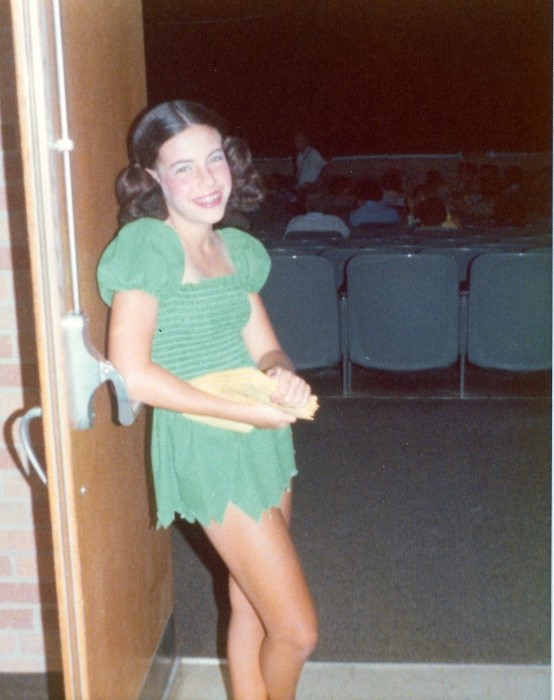
Playing L’il Abner in high school
At the University of Michigan, Ann Arbor, I double majored in communications and economics, performed in a play or musical almost every semester, worked at the college radio stations as a DJ or news anchor, and did a stint as a justice for student government. I enjoyed living in a dorm freshman year and in my sorority (Pi Beta Phi) for three years. After graduation, I went on to earn a Master’s in TV/Radio and a law degree from Syracuse University while writing for the law school paper, singing in a symphony chorus, being the female anchor on a local cable TV comedy news show, interning at the public radio/TV stations, and ultimately working part time as a classical radio announcer.
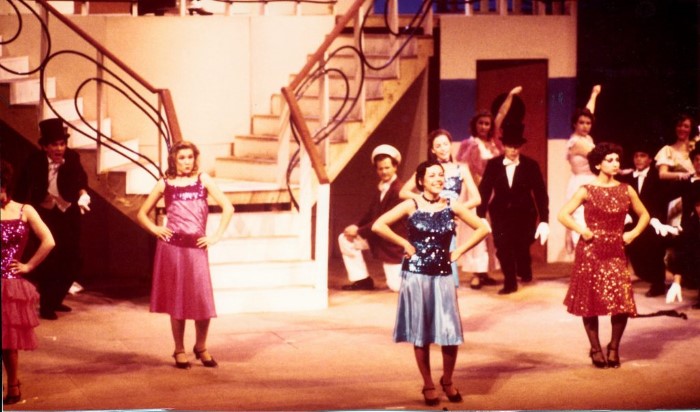
In “Anything Goes” at University of Michigan (front and center in blue sequin dress)
I briefly followed the guy I was dating to Montgomery, Alabama, where a Top 40 station hired me as an account executive. The camaraderie and emphasis on weekly learning, along with the freedom to write and voice commercials, made it one of the best places I’ve worked. I moved back to Chicago for a job with Arbitron radio ratings, where I was on the advertiser/agency side and responsible for a ten-state region. Although that much travel—in the days before Mapquest, the internet, laptops and even the guarantee of a remote control in my hotel room—was tiring, I earned a national top performer award two years in a row.
In the early 1990s, I took a shot at full-time acting, which didn’t go very well. I think the reasons included looking too young to be a mom (the role I was often sent out for), lack of training (in the days before the internet made finding information about any career and classes so much easier), and my focus on on-camera commercial work.
When acting didn’t pan out, I used my law degree as an account manager for an online legal research service. For 13 years, I worked mainly with large law firms, training everyone from summer associates to senior partners and negotiating contracts up to seven figures in a several million dollar territory. I earned national and other top performer awards. I did keep my toes in the acting world by doing extra work in movie—my first was the parade scene in Ferris Bueller’s Day Off.
After getting married in 1994, I continued to take classes and do extra work and did a couple of community theater musicals. I devoted a lot more time to writing after buying my first laptop and completed my first novel, which I’d begun by hand in the late 1980s. I had an agent by 1996, but the book didn’t sell. I continued to write more manuscripts, which did well in contests but didn’t sell.

Will Rogers Follies in late ’90s
When did you start to think about making a change in midlife?
My divorce in the summer of 2000, at 40, seemed like a good catalyst to relaunch my acting pursuits. I was good at sales and training but didn’t enjoy it very much. I liked my clients and believed in the products I represented. But holding the same meeting multiple times a day while traveling from client to client didn’t fuel my creative dreams, although I appreciated the income and benefits.
The desire for change had been brewing for a long time. I’d wanted to be an actress since I had starring roles in grade school plays. I’d pursued acting on the side by taking classes, doing improv and the occasional paying gig, and a bunch of extra work (though paid, it isn’t really considered acting). I’d spent many evenings and weekends writing, going to my local Romance Writers of America® chapter meetings, attending conferences, entering contests, and submitting.

“The Great Gatsby”
Getting cast as a paid actor in fall of 2000, in the Lyric Opera of Chicago’s Great Gatsby, starring one of my favorite opera singers (the late Jerry Hadley), was a dream come true. I’d seen an audition notice and was cast in a part because I fit into a costume from the Metropolitan Opera! Each night before the curtain went up, as I stood center stage in my maid costume, holding up my tray of champagne glasses and the chorus started singing behind me, I had one of those moments where all was right with my world.
I continued improv training and completed the program at ComedySportz to add to iO (where I’d performed with a team) and Second City.
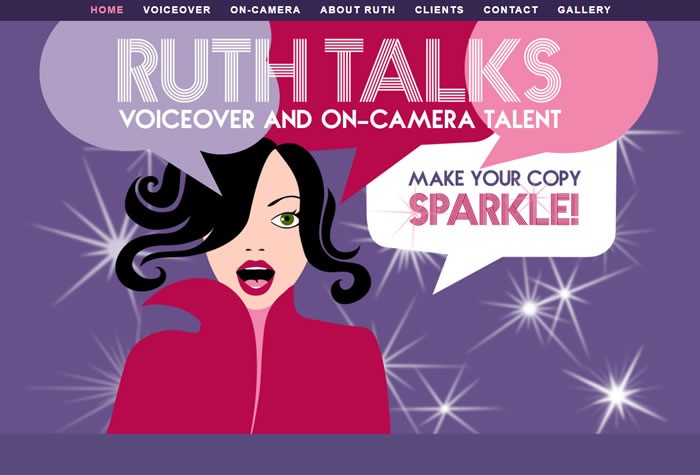
What is your next act?
I am a voiceover (VO) and on-camera talent. I love performing and taking on different roles and characters. I also love meeting and working with fellow creatives and finally having what I’ve always wanted to do as a career, not a hobby or avocation.
These days, you have to be able to record, edit and deliver auditions and audio files from home. So I’m the director, producer, talent and audio engineer (my least favorite part). Via self-marketing and referrals, I have some returning clients in the US and Europe that send work when they have it. I’m also on a couple of what are known as pay-to-play sites, where for an annual membership, you have access to many auditions.
On-camera, I’ve done national commercials, corporate industrials, web series, independent feature films and more. If anyone is interested, here are links to a few projects:
For The Onion’s ClickHole channel, an episode of “Witnessing History”
A web commercial and VO for Bionic.
VO for Children’s Advocacy.
I’m also an author. I spent 20 years pursuing traditional publication (and came close numerous times) but started self-publishing fiction in 2015. So far I’ve released four romance novels and a novella set in medieval times. Up next are two humorous women’s fiction novels; the first released June 15. I’ve participated in boxed sets with other authors and give a variety of workshops for authors and actors.
I definitely work more hours than I used to, but I enjoy most of those hours more.

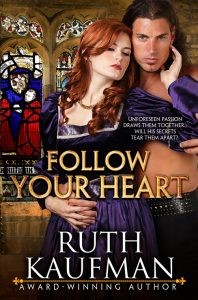

Tell us more about the business of voiceover acting…
The first thing you need to do VO is knowledge of both the craft (including practice) and the business. I’d taken two voice-over classes, plus I’d worked at a couple of radio stations and done some announcing and commercials.
The next thing you need is a demo. A few months after quitting my legal job, I had a commercial demo made, which I sent to my on-camera agents. Over time, I added a narration demo, then a few more for VO genres such as e-learning and telephone.
Fortunately, a VO friend helped me shop for and set up my home recording studio. The number of options and opinions on what’s “best” is daunting.
Some VO jobs come through direct bookings from my demos or auditions from talent agents, but at the moment I get most on my own. Projects include commercials (radio, TV or internet), long e-learning courses ranging from technical to corporate to informative, videos explaining how to use medication, phone messages (“we’re sorry we can’t take your call right now”) and the occasional character.
I spend a lot of time auditioning and preparing for auditions. Some ask for self-taped submissions, meaning they send the script they want you to do along with a few character specifications, then you have to learn those lines, find someone good to read the other part(s) and help with recording—which also means good sound and lighting. Fortunately, the same friend who helped with VO helps with all of that, and the editing, too. Skype auditions are becoming more popular. I prefer those or in-person opportunities because you get to meet people who can book you and start to build relationships. And I often get feedback or direction—that helps with a second take.
I book some on-camera roles via my agents, some through friends/networking, and others via Facebook, Backstage.com, and even Craigslist. Some films and web series don’t pay, but I do them if I like the role, want to work with the production team, or think I’ll get a good clip for my website and demo reels.
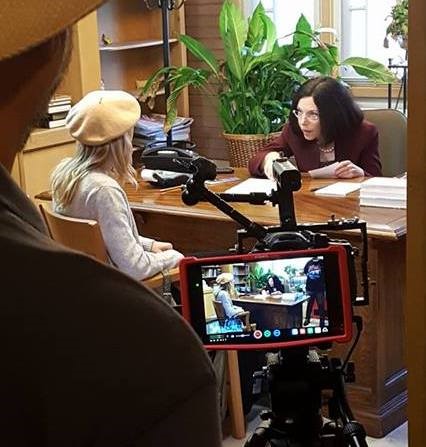
Filming “Heavens to Betsy”
How hard was it to take the plunge?
Giving up a regular paycheck, four weeks of paid vacation (plus personal days and holidays), and benefits like health insurance was the hardest part. Even 11 years later, holidays are a challenge because I know so many people get paid to relax/celebrate/eat/socialize while I have no auditions or work coming in, not only the actual day but often for days before or after. And I’d become friends with many co-workers and clients in my legal job, many of whom were very supportive of my creative endeavors, so leaving that camaraderie was difficult.
I finally decided, “Someday is now.” And, as it happened, my dad had passed away more than a year before I quit my job, so my most vocal critic wasn’t around. I admit that sometimes I heard his criticizing voice in my head.
Before taking the plunge, I invested in a career coach to investigate whether I could get a job I’d want to do—and be happier at—that paid as much or more as what I was making. My theory was that if I had to earn significantly less to get a job I liked more than the one I had, I might as well do what I really wanted. After some self-exploration and homework, I realized most likely I’d earn around half or less of what I was making.

Filming a commercial in 2015
I also hired designers to create acting and writing websites I thought were competitive with those of experienced talent and authors, a significant investment at the time.
Taking the plunge was exciting and scary at the same time. I thought I had as many ducks in a row as I could arrange acting-wise. I already had a bit of experience, an agent for on-camera work, and was taking voiceover classes with the plan to have a demo produced. Writing-wise, my second manuscript was a finalist in a national contest with multiple rounds of online voting along the lines of American Idol called American Title. I’d just moved into a new condo, so a lot was changing.
Finding the discipline to move forward every day when you don’t have a boss or manager and to keep going in the face of frequent rejection isn’t fun, but after more than a dozen years of sales/training jobs, I was accustomed to planning my days independently and hearing “no” a lot.

In “The Natural” — episode 2, available on Vimeo
How supportive were your family and friends?
Some thought I was brave for taking such a risk. Others couldn’t figure out what I did every day if I wasn’t booked on a project, so I started my blog “Gainfully Unemployed.”
What challenges did you encounter?
Initial challenges included getting potential clients to listen to my VO demo and getting those first clients to book me when I didn’t have that much experience. My sales background definitely helped with technique, persistence, and handling rejection. I didn’t enjoy researching and contacting new clients, but knew how to cold call and network, and wasn’t afraid or upset if people said no. Then people started saying that my website helped convince them to hire me and were happy with my work, so some hired me again and/or referred me.
I had to learn how to run my VO business, including setting rates (in general and for individual projects) and quoting them in a proposal, audio engineering (including editing out breaths, mouth noise, mistakes, any processing of the audio, separating and naming files as per client requests, and uploading them), invoicing, and following up on the occasional payment that didn’t arrive. All of this took a lot more time than I’d expected. There’s a lot of attention to detail as every client has different performance and file delivery specifications.
Today, the most challenging thing is having little to no control over work flow and thus my schedule. Some weeks, I might have no on-camera auditions or jobs. Crickets. It’s hard not to worry. Other weeks, the challenge is fitting everything in. Recently, I had three auditions in one week (one at a casting director’s office, one Skype, and one self-tape) for projects that would require me to work out of town the following week.

Still from the “Heavens to Betsy” trailer
I was already booked one of the days. Then, just from my headshot, I was put on “check avail” (meaning the client is interested but may not choose me) for a corporate film (known as an industrial) on two days that overlapped days for the other projects. They were interested in a third day, the one I was already booked.
As it happened, I didn’t book any of the jobs I auditioned for, and the industrial was pushed to the following month.
Usually, there’s not much notice of an in-person casting director audition. You might get called in the afternoon for the next morning’s 11:00 am audition (only on rare occasions can you request another time), and the script might not arrive until after 5:00 pm. I check my email and phone a lot because fast confirmation is expected—or they may move on to the next person.
VO scripts don’t always arrive when promised, even though I allocated time and vocal energy (you can only record so many hours a day), so I have to adjust other commitments. Others show up out of the blue. I’m free to say no to anything I haven’t accepted, but I want to be their go-to talent and I want the work, even in an already jam-packed week.
Another challenge, at times, is finding motivation each day to press on, keep submitting, keep releasing books, keep wading through rejections of various kinds (including men via dating efforts over many years), and find ways to enjoy the journey rather than focusing on outcomes of bookings and hoping for more and better gigs. As much as I enjoy acting and writing, I also enjoy binge watching, so some days I have to remind myself to move forward.
Were there times when you thought about giving up?
During slow times, it’s hard to trust the universe and believe that more work, auditions, and/or clients will arrive. I try not to compare myself to colleagues and friends, but when I know many who are becoming best sellers or booking more and/or better gigs, it’s hard to believe my turn will come.
There are days when I just don’t want to do any more marketing for my acting or my books, and others when I think I don’t do enough—because there’s always more to do. I have fleeting thoughts of finding a job with more predictability and regular hours.
What keeps me going is not wanting to return to corporate America. To me, that represents failure, even if by some chance after being out of that market for so long and being 11 years older I could find a comparable or better position.
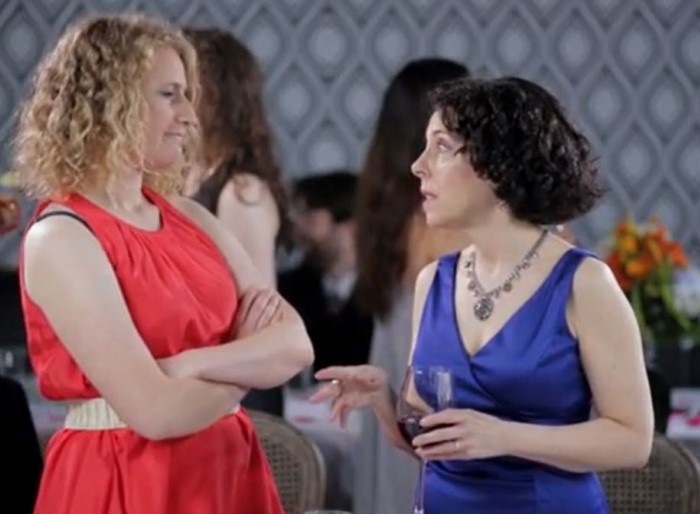
Still from a video for The Onion’s ClickHole Channel
What have you learned about yourself through this process?
That’s a good question. The answer changes depending on how things are going (I know, I know… It’s supposed to be about the journey, not the outcome). In a good week, I’ve learned that by being multifaceted and persistent, I can have creative careers. When I’m not booking or getting auditions and my submissions (self-taped on-camera, VO auditions, or a submission requesting an audition—for book reviews, workshops, articles, etc.) aren’t receiving replies, I wonder if I should focus on acting or writing instead of doing both.
Looking back, is there anything you’d have done differently?
I would have purchased a smaller condo. I do need space for my VO recording and home office and love the location, but could have saved a lot of money over the years with a smaller place. Making time to get my place ready to sell while finding somewhere else to live keeps getting moved to next week as I add to my list of tasks.
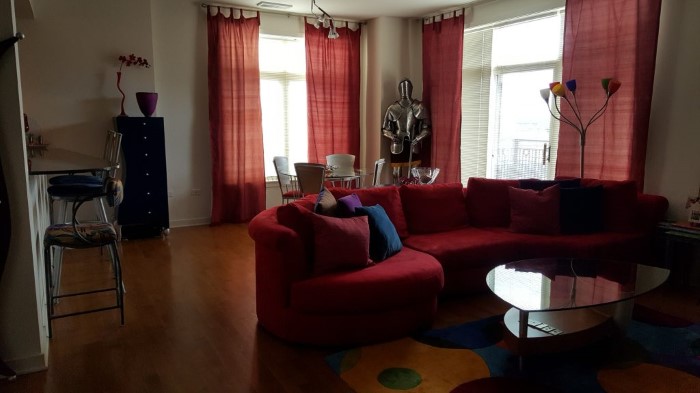
My condo
What advice do you have for women seeking reinvention in midlife?
Believe that someday is now. So many people say, “Someday I’ll do X or Y.” But when does someday arrive? Others say, “I’ve always wanted to do Z.” Start today, right now, by figuring out what that first step is and taking it! Then take another step toward that goal every day, no matter how small. For example, if you write just one page or 250 words a day, you’ll complete 365 or 91,250 in a year. Make a list of your goals and break each goal into steps so it doesn’t seem overwhelming.
We only have one life to live, and we don’t know how long ours will be or the state of our health in retirement. Women in midlife can’t afford fear of failure or success.
What advice do you have for those interested in pursuing voiceover work?
Start as soon as you can. Take acting and improv classes, build your resume with student and independent films and web series. There are many more casting opportunities for these kinds of projects now than there were ten years ago because filmmaking technology has changed so much. The downside is that many don’t pay, not even expenses such as mileage or gas. Do theater if you can afford the time. Do a bit of extra work for the highest profile project near you (though it’s not counted as acting) to show you have some awareness of how to behave on set.
Nowadays, it’s easier to shoot a film or video, i.e. create your own work, just with your cell phone or a small crew, but it’s also easier for that work to get lost in the crowd rather than go viral or be seen by people who can move your career forward. But you’d still have something for your website and resume and to send to potential clients and agents.
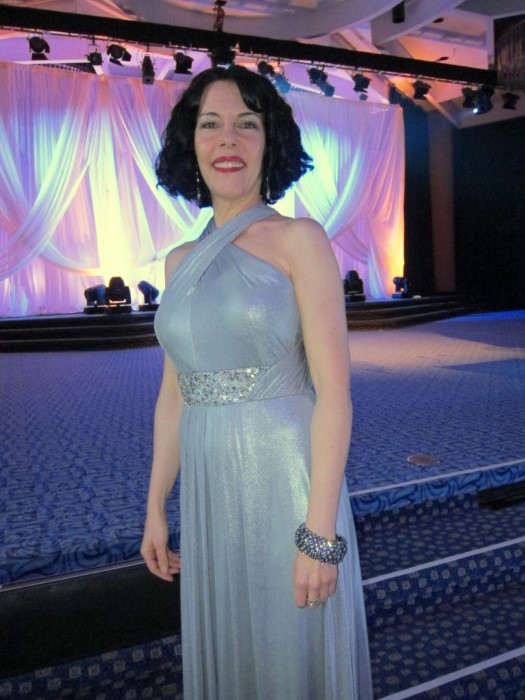
Romance Writers of America Golden Heart Award Winner, 2011
What about for would-be authors?
Anyone can self-publish, which is both good and bad. I see posts from authors who released their book(s) but are surprised they have no or only a handful of sales. Well, with over 445,000 romance novels in the Kindle store the last time I checked, authors can’t just write great books, they have to find ways to make them discoverable. And still produce as much content as possible.
What resources do you recommend?
If you want to be an actor, classes can teach you how to improve your skills, how to audition for different types of roles and different kinds of projects, lingo/jargon, and set etiquette. If you don’t have reputable acting or VO schools or classes in your area, a community college might offer something.
There are VO conferences and many YouTube videos, though I haven’t watched that many myself.
Voiceover:
Voiceover Studio Chicago, where I had my commercial and narration demos done. VOSC also offers Voiceover Exploration sessions to help people learn more about the biz and decide if VO is for them.
A couple of pay-to-play sites (do your own due diligence before joining):
On-camera:
To find auditions in your area:
Search for student film auditions at local universities and colleges. In Chicago, DePaul, Columbia College, Northwestern University, and the School of the Art Institute frequently post auditions.
Search for Facebook groups in your area for indie films, acting, film production.
Extra work is a great way to dip your toes in the water, but in most cases doesn’t count as acting or go on your resume (except perhaps to list a few as a line item near the bottom to show you’ve been on major sets).
In Chicago, the best way is to register for each extras casting agency, then follow them and their submission instructions on Facebook. You usually need to act (no pun intended) fast, as they often get more submissions than they need.
https://www.facebook.com/extraordinarycasting/
https://www.facebook.com/ChicagoFireExtras/
https://www.facebook.com/4StarCasting/
Writing:
If you want to write romance novels, Romance Writers of America, is the place to be. Not only have I learned about the craft and industry of romance writing, I’ve made amazing friends.
On Writing: A Memoir of the Craft by Stephen King
Story: Substance, Structure, Style and the Principles of Screenwriting by Robert McKee
Techniques of the Selling Writer by Dwight Swain
GMC: Goal, Motivation and Conflict: The Building Blocks of Good Fiction by Debra Dixon
There’s so much to learn about self-publishing, and it can be a challenge to keep up with new developments and changes. I give workshops and offer coaching, and wrote Keeping Up with the Fast-Changing Self-Publishing Market.
Gurus include:
Podcasts include:
https://selfpublishingformula.com/
http://rockingselfpublishing.com/
Connect with Ruth Kaufman
Email: ruthkaufmanbooks@yahoo.com
Facebook Author and Actor Page
Twitter @RuthKaufman
Instagram @ruthjkchi
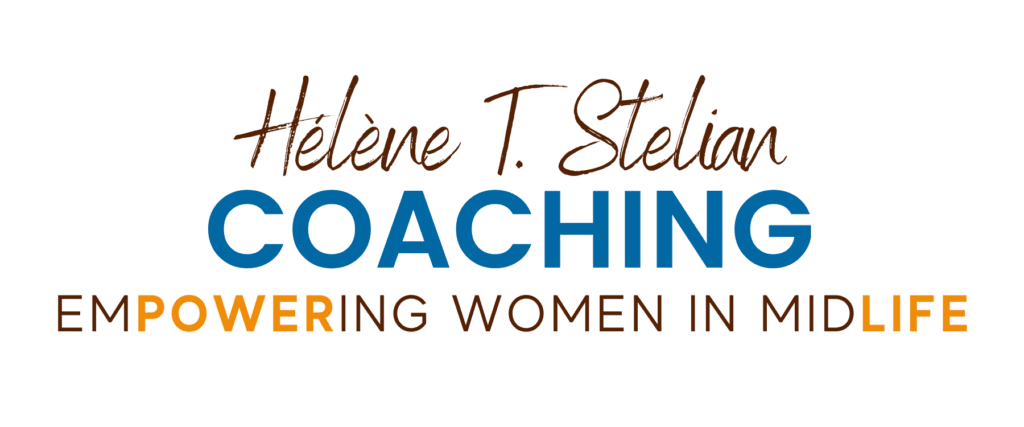
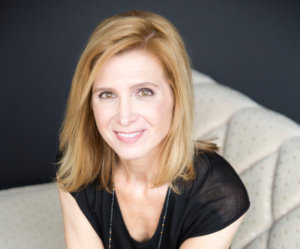
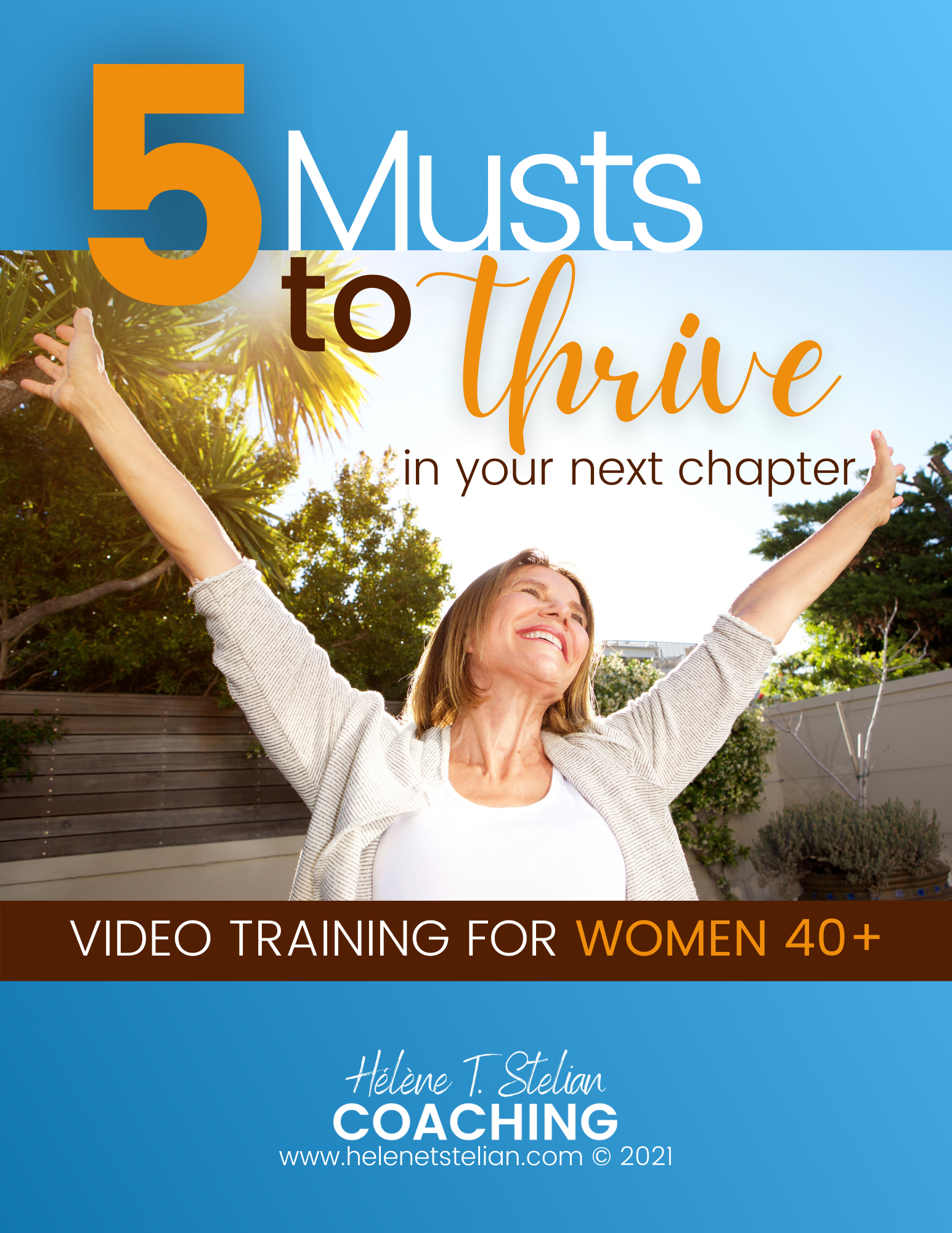



So glad Ruth’s voice over career has worked out so well, especially starting late in life. I’ve been a professional voice actor in Los Angeles for over 35 years and know how competitive it is. I get asked all the time how to get into the business and I always say you need acting training. Ruth showed it paid off.
Thank you, Rebecca! And congratulations to you on being a VOA for 35+ years, and in LA! I get asked how to get in the biz all the time, too….
Wow, I loved Ruth’s story, it motivated me too much to continue my career and life, without words!
Thank you, Hellena! You made my day. Best wishes for your next act.